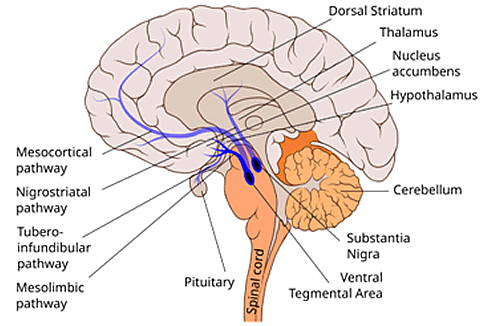Rebekah L. Rashford, Michael DeBerardine, Shu Dan, Shannon N. Bennett & Catherine Jensen Peña
Early-life stress sensitizes individuals to subsequent stressors to increase lifetime risk for psychiatric disorders. Within the ventral tegmental area (VTA), a mesolimbic brain region implicated in stress response and mental health, early-life stress causes long-lasting changes in gene expression and chromatin modifications that in turn cause latent physiological and behavioral sensitivity to stress.

These molecular consequences of early-life stress are indicative of epigenetic priming, a form of molecular memory in which developmental or environmental cues open chromatin at enhancers to facilitate transcriptional response to stimuli. However, the long term impact of early-life stress on chromatin architecture in the VTA was not yet known.
Using a combination of activity-dependent cellular tagging and ATAC-sequencing, we find that early-life stress opens chromatin specifically in stress-activated cells of the VTA, that this remodeling persists into adulthood, and that opening chromatin at cis-regulatory elements including enhancers augments transcriptional response to adult stress. Together, this data supports enhancer priming within ELS-responsive cells in the VTA as a biological mechanism for lifelong stress sensitivity.
Reference: https://www.nature.com/articles/s41598-025-21157-5